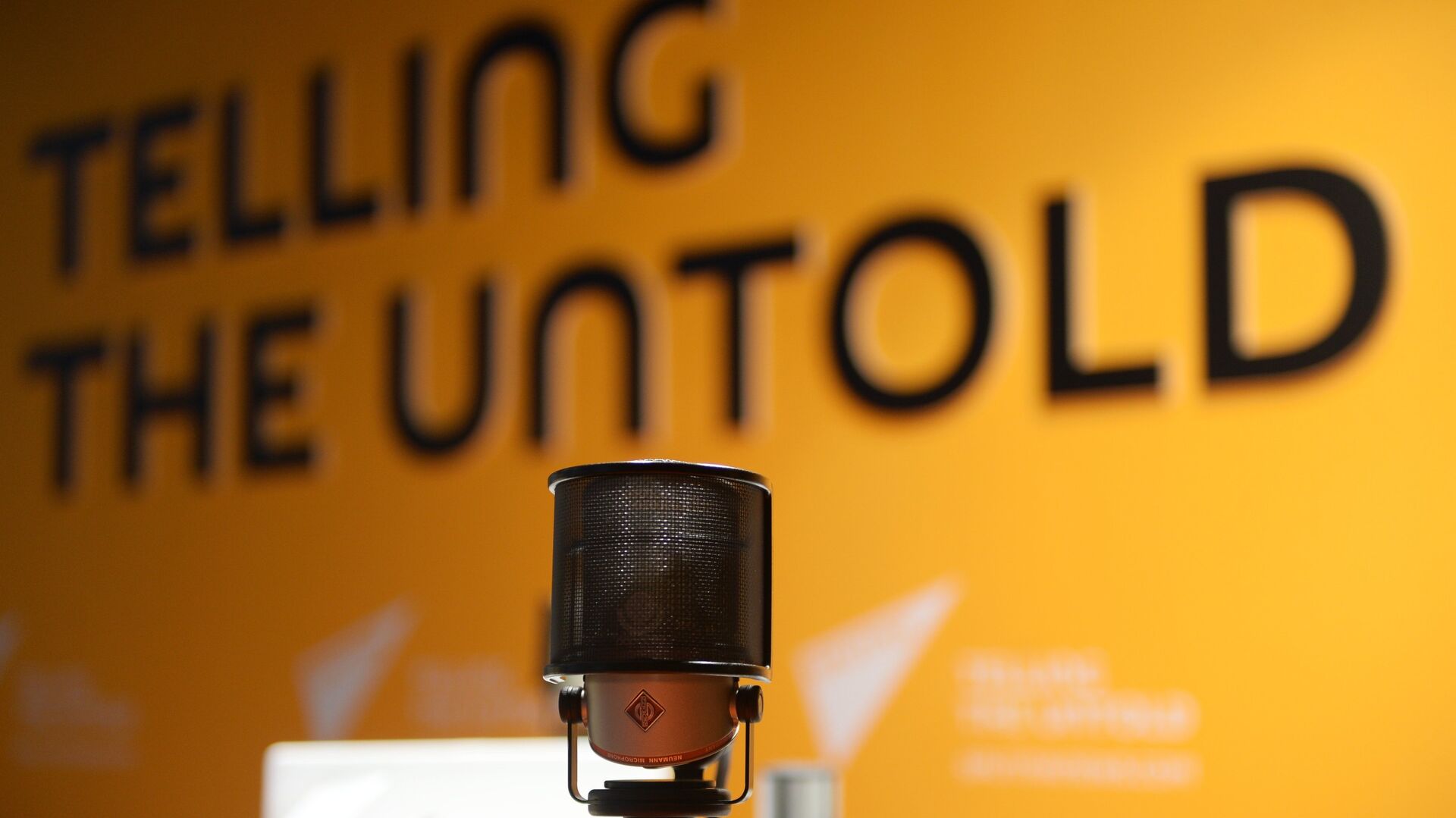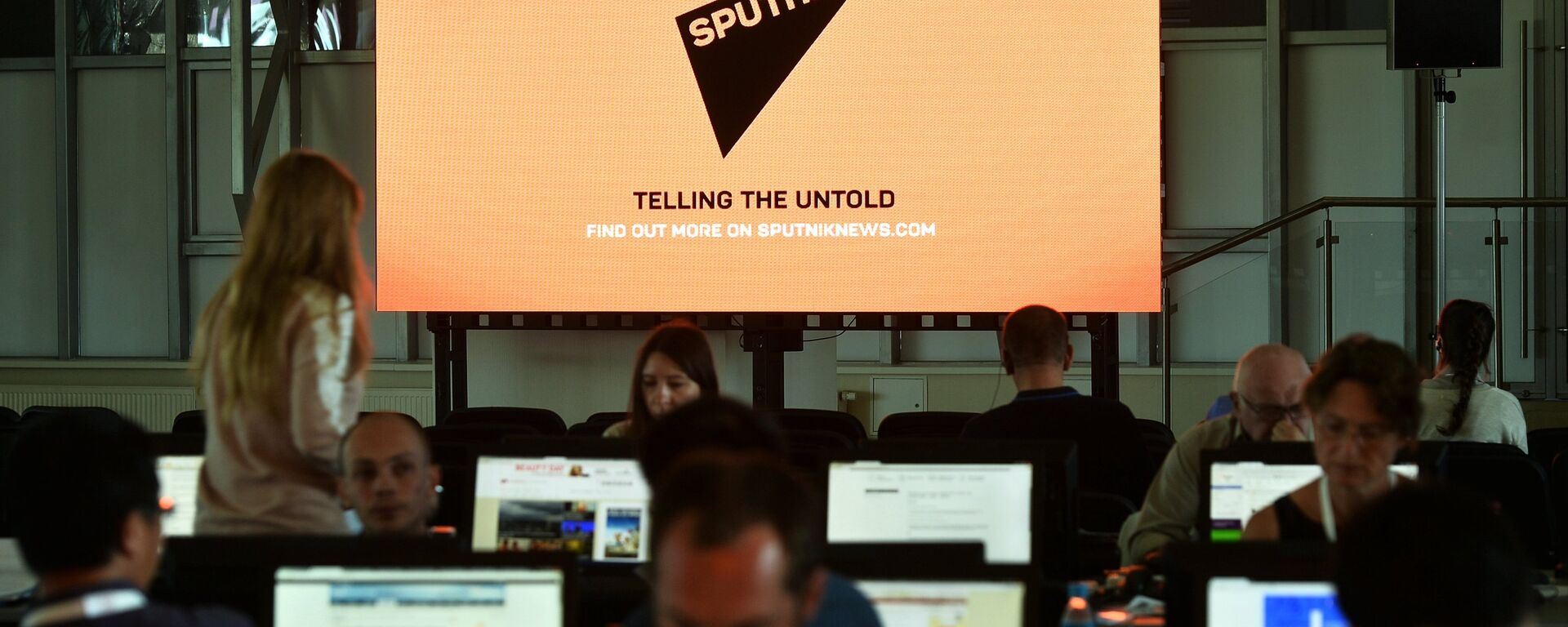https://sputnikglobe.com/20221007/eu-ban-on-rt-sputnik-breaches-swedish-danish-constitutions---danish-journalists-1101620309.html
EU Ban on RT, Sputnik Breaches Swedish, Danish Constitutions - Danish Journalists
EU Ban on RT, Sputnik Breaches Swedish, Danish Constitutions - Danish Journalists
Sputnik International
MOSCOW (Sputnik) - The EU ban on Russian news outlets is in breach of Swedish and Danish constitutions, which explicitly prohibit all forms of censorship... 07.10.2022, Sputnik International
2022-10-07T18:46+0000
2022-10-07T18:46+0000
2023-04-12T17:04+0000
russia
europe
rt
sputnik
european union (eu)
https://cdn1.img.sputnikglobe.com/img/103812/73/1038127301_0:160:3077:1890_1920x0_80_0_0_9ff57e1c76d8404c48cd748a89ae98b8.jpg
The EU Council of Ministers banned the dissemination of RT and Sputnik content in March and added three other Russian outlets to the blacklist in June. The European Court of Justice defended the controversial measure, saying the rights of journalists were protected as long as they acted "in good faith."This is despite that legal safeguards in the Swedish Constitution's freedom of the press act protect "the right of everyone to publish without prior interference by a public authority," whereas the Danish constitution states that "Censorship and other preventive measures shall never again be introduced."Media experts argued in an article in the EUobserver that the EU intervention effectively overrode the basic laws of Sweden and Denmark, raising doubts about the EU leadership’s commitment to democratic values and the rule of law.The journalists said the EU executive set aside constitutional defenses of freedom of expression with the silent approval of media and the public. The only exception was Norway, which is not a member state but is closely associated with the union.They said the EU’s court in Luxembourg had granted itself the right to decide what journalism was acceptable while denying European citizens the ability to deal themselves with "unfiltered statements from questionable sources."
https://sputnikglobe.com/20220525/rt--sputnik-ban-eu-turned-into-nato-branch-limits-publics-access-to-information-activists-say-1095772379.html
Sputnik International
feedback@sputniknews.com
+74956456601
MIA „Rossiya Segodnya“
2022
Sputnik International
feedback@sputniknews.com
+74956456601
MIA „Rossiya Segodnya“
News
en_EN
Sputnik International
feedback@sputniknews.com
+74956456601
MIA „Rossiya Segodnya“
Sputnik International
feedback@sputniknews.com
+74956456601
MIA „Rossiya Segodnya“
europe, rt, sputnik, european union (eu)
europe, rt, sputnik, european union (eu)
EU Ban on RT, Sputnik Breaches Swedish, Danish Constitutions - Danish Journalists
18:46 GMT 07.10.2022 (Updated: 17:04 GMT 12.04.2023) MOSCOW (Sputnik) - The EU ban on Russian news outlets is in breach of Swedish and Danish constitutions, which explicitly prohibit all forms of censorship, Danish journalists and media educators said Friday.
The EU Council of Ministers banned the dissemination of RT and Sputnik content in March and added three other Russian outlets to the blacklist in June. The European Court of Justice defended the controversial measure, saying the rights of journalists were protected as long as they acted "in good faith."
This is despite that legal safeguards in the Swedish Constitution's freedom of the press act protect "the right of everyone to publish without prior interference by a public authority," whereas the Danish constitution states that "Censorship and other preventive measures shall never again be introduced."
Media experts argued in an article in the EUobserver that the EU intervention effectively overrode the basic laws of Sweden and Denmark, raising doubts about the EU leadership’s commitment to democratic values and the rule of law.
The journalists said the EU executive set aside constitutional defenses of freedom of expression with the silent approval of media and the public. The only exception was Norway, which is not a member state but is closely associated with the union.
They said the EU’s court in Luxembourg had granted itself the right to decide what journalism was acceptable while denying European citizens the ability to deal themselves with "unfiltered statements from questionable sources."
"There is no confidence in our ability to deal with contradictory views of events. The EU institutions decide what we can cope with. Freedom of expression is not absolute, and never was," they said.



